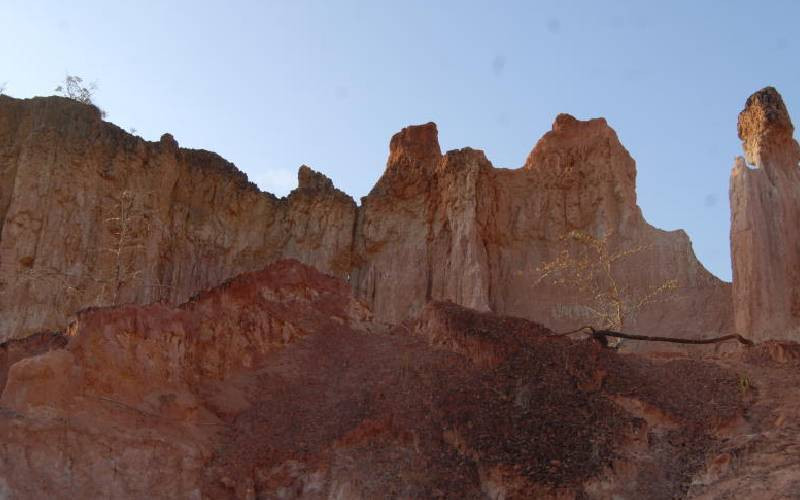×
The Standard e-Paper
Stay Informed, Even Offline

Malindi. It is 5.45 am and I am out of my room anxious to experience a sunrise. However, I find few places would give me a nice view – trees that camouflage the environment, making it impossible to have a view of a sunrise surrounding my home-away-from-home.
After ‘scouting’ for an ideal place to catch the sunset, I give up and get back to my room to prepare breakfast. By the time I am through, the sun is already out and I get to enjoy its warmth as I take my breakfast under the canopy in the beautiful gardens.